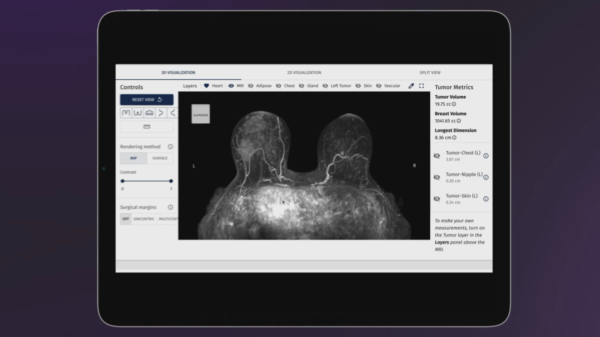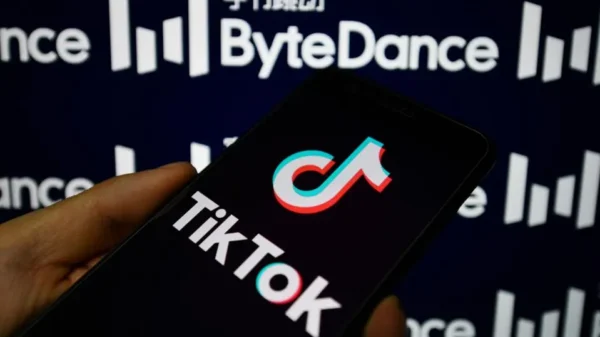The rapid evolution of artificial intelligence technology may pose a very serious threat to humanity, according to a British government advisor.
Matt Clifford, AI Task Force advisor for the United Kingdom’s Prime Minister Rishi Sunak, told London’s Talk TV on Monday that there is a variety of concerning risks associated with AI.
“It’s certainly true that if we try and create artificial intelligence that is more intelligent than humans and we don’t know how to control it, then that’s going to create a potential for all sorts of risks now and in the future,” said Clifford, adding that addressing risks associated with the technology should be a top priority for policymakers.
He says that experts don’t exactly understand how AI systems work, which is quite concerning, and that he believes we have about two years to regulate the technology on a global scale or there may be serious negative consequences.
When ask what concerned him the most and kept him up at night, Clifford said “the fact that the people who are building the most capable systems freely admit that they don’t understand exactly how they exhibit the behaviours they do.”
Clifford is also the Chair of the Advanced Research and Invention Agency (ARIA) established by the U.K. government. The organization was created last year to investigate emerging technologies that can have a significant impact on society like AI.
Clifford says policymakers need to take the risks of AI as seriously as bio or cyber terrorism. “You can use AI today to create new recipes for bioweapons or to launch large-scale cyber-attacks, these are bad things,” said Clifford.
EXCLUSIVE: The PM’s AI Task Force adviser Matt Clifford says the world may only have two years left to tame Artificial Intelligence before computers become too powerful for humans to control.
— Talk (@TalkTV) June 5, 2023
Read more: AI video production market to reach US$1.5B by 2028: Research and Markets
Read more: Copper giant BHP uses Microsoft AI to improve copper recovery in northern Chile
Concerns over AI risks aren’t new
The news follows the computer scientist and renowned AI developer Geoffrey Hinton stepping down from his role at Google (NASDAQ: GOOGL) in May partially over concerns that the technology he helped pioneer could pose a serious danger to humanity.
The 75-year-old’s research on deep learning and neural networks helped to establish modern AI systems like ChatGPT.
It also follows a group of renowned tech figures and AI experts, including Apple’s Co-Founder Steve Wozniak and Elon Musk, signing an open letter in March urging for a temporary pause on AI development and stricter regulations over growing concerns about the dangers it may pose to society.
The letter called for developers to stop training AI systems more powerful than GTP-4 for at least six months so that safety protocols can be developed to help regulate the technology.
Musk recently visited China and said the government there is in the process of initiating its own AI regulations, according to an article from Reuters on Monday.
“Mitigating the risk of extinction from AI should be a global priority alongside other societal-scale risks such as pandemics and nuclear war,” read a recent statement that has been receiving significant attention by the Center for AI Safety.
rowan@mugglehead.com














